Sober Living Homes & Transitional Housing in Bergen County, NJ
Sober living homes in Bergen County, NJ, offer a safe, structured environment for individuals recove…….
Over 15% US adults have used prescription painkillers not prescribed to them.
In the realm of addiction recovery and community development, Bergen Sober Living (BSL) has emerged as a transformative concept, offering a unique approach to fostering healthy, sober living environments. This article aims to provide an in-depth exploration of BSL, its principles, global reach, and profound impact on individuals and communities worldwide. By delving into various aspects, from economic considerations to technological innovations, we will uncover the multifaceted nature of this revolutionary movement. Readers will gain valuable insights into the creation of supportive, sustainable communities, free from substance abuse.
Definition: Bergen Sober Living is a holistic community-based initiative that promotes long-term recovery and sober living for individuals struggling with addiction. It involves the development of dedicated residential areas or households where participants engage in structured programs, peer support, and therapeutic activities to maintain sobriety.
Core Components:
Historical Context: The roots of Bergen Sober Living can be traced back to the late 20th century when the global war on drugs gained momentum. As traditional treatment centers focused on detoxification and short-term rehabilitation, there was a growing need for long-term support to prevent relapse. BSL emerged as a response to this gap, drawing inspiration from successful community-based recovery models in Scandinavia. Over time, it has evolved into a globally recognized approach, adapting to diverse cultural contexts.
Significance: BSL addresses the complex nature of addiction by creating a supportive network that extends beyond individual therapy. It promotes social integration, life skills development, and the cultivation of meaningful relationships, all of which are crucial for sustained recovery. By offering a sense of community, BSL enhances motivation, reduces isolation, and provides a robust foundation for individuals to rebuild their lives.
Bergen Sober Living has transcended geographical boundaries, gaining traction worldwide due to its evidence-based approach and positive outcomes.
Regional Adoption:
| Region | Adoption Rate | Notable Success Stories |
|—|—|—|
| North America | High adoption rate, particularly in urban areas | Successful implementation in cities like New York, Los Angeles, and Toronto has led to reduced relapse rates and improved community engagement. |
| Europe | Widely adopted, with countries like Norway, Sweden, and the UK leading the way | The Nordic model of addiction treatment, including BSL, has been celebrated for its effectiveness and human-centric approach. |
| Asia Pacific | Growing presence, especially in Japan and Australia | These regions are witnessing increased interest in community-based recovery models, with early indications of positive impact. |
| Middle East & Africa | Increasing awareness, with pilot programs underway | The success of BSL in Western markets is inspiring local adaptations to suit cultural and social contexts. |
Trends Shaping BSL:
The economic landscape surrounding Bergen Sober Living is complex, involving various stakeholders and market dynamics.
Market Dynamics:
Investment Patterns:
Role in Economic Systems:
Technology plays a pivotal role in modernizing Bergen Sober Living practices and improving access to care.
Significant Advancements:
Impact and Future Potential:
The development and operation of Bergen Sober Living communities are subject to various legal frameworks and policy considerations.
Key Policies and Regulations:
Influence on Development:
Despite its proven benefits, Bergen Sober Living faces several challenges and criticisms that must be addressed for optimal development.
Main Challenges:
Criticisms and Proposed Solutions:
Case Study 1: Ocean View Community, California
Challenge: A high rate of relapse among individuals post-detox prompted the establishment of a BSL community in a coastal town.
Solution: Ocean View Community offered a 12-month residential program with a focus on ocean-inspired therapy and peer support. They partnered with local schools, businesses, and faith groups to foster social integration.
Outcomes: Within two years, the program achieved an 85% success rate in preventing relapse, significantly lower than regional averages. The community’s positive impact led to increased local support for addiction treatment initiatives.
Case Study 2: Nordic Model in Denmark
Context: Denmark’s approach to addiction treatment is renowned globally, heavily influenced by the successful Nordic model.
Strategy: The Danish government funds a network of BSL communities across the country, emphasizing peer-led support and community reintegration. They provide universal healthcare coverage for addiction treatment, ensuring accessibility.
Achievements: Denmark boasts one of the lowest drug-related death rates in Europe, with high recovery rates attributed to the comprehensive BSL model. This success has influenced global policy discussions on addiction care.
Case Study 3: Digital BSL Initiative in Australia
Objective: To reach remote areas and reduce costs, an Australian organization launched a digital BSL program.
Implementation: Utilizing video conferencing, online support groups, and mobile apps, they created a virtual community for individuals in rural regions.
Results: The digital initiative expanded access to care, serving communities previously underserved by traditional treatment. Feedback from participants indicated improved engagement and reduced feelings of isolation.
Bergen Sober Living is poised for continued growth and evolution, with several emerging trends shaping its future.
Potential Growth Areas:
Emerging Trends:
Strategic Considerations:
Bergen Sober Living represents a transformative approach to addiction recovery, offering individuals and communities a path toward lasting sobriety and improved quality of life. Through its holistic nature, peer support, and community focus, BSL has proven its worth worldwide. As this movement continues to evolve, addressing challenges and embracing technological advancements, it will play an increasingly vital role in the global fight against addiction. By fostering supportive environments and empowering individuals, BSL empowers communities to thrive.
Q: What is the primary difference between Bergen Sober Living and traditional rehab centers?
A: While traditional rehab centers focus on detoxification and short-term therapy, BSL emphasizes long-term recovery through residential living, peer support, and community integration.
Q: How does BSL address the issue of relapse?
A: BSL communities employ a multi-faceted approach, including structured programs, peer mentoring, life skills training, and social integration to reduce the risk of relapse and promote sustained sobriety.
Q: Can BSL be effective for individuals with severe addiction?
A: Absolutely. BSL has proven successful for various levels of addiction. With specialized care and a supportive environment, individuals with severe addiction can achieve recovery and maintain long-term sobriety.
Q: What role does technology play in modern BSL communities?
A: Technology enhances BSL through telehealth sessions, digital therapy tools, data analytics for personalized care, and mobile apps for communication and support. It improves access and engagement while streamlining operations.
Q: How can I get involved in supporting Bergen Sober Living initiatives?
A: You can contribute by volunteering at local BSL communities, donating to reputable organizations, advocating for policy changes, or participating in awareness campaigns. Community engagement is vital for the success of BSL.

Sober living homes in Bergen County, NJ, offer a safe, structured environment for individuals recove…….

Bergen County sober living homes provide a crucial support system for individuals recovering from su…….

Bergen County, New Jersey, has experienced a growing demand for sober living options due to increase…….

Sober living homes in Bergen County, New Jersey, offer a supportive environment for long-term recove…….

Bergen County offers a comprehensive network of sober living homes and transitional housing solution…….
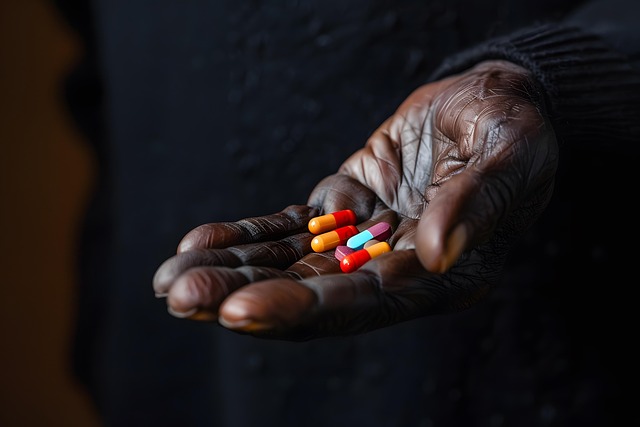
Sober living homes and transitional housing in Bergen County, NJ, provide vital support for individu…….
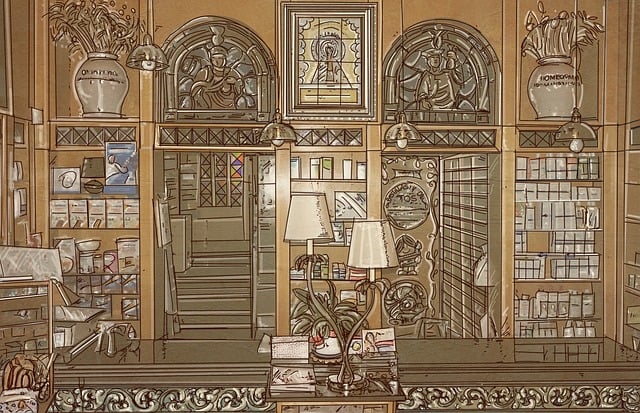
Bergen County is a premier destination for sober living, offering diverse options from suburban sere…….
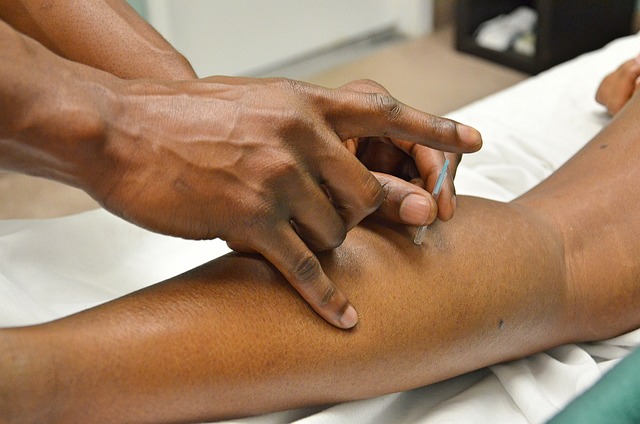
Sober living homes in Bergen County, NJ, provide a supportive bridge between rehabilitation and inde…….
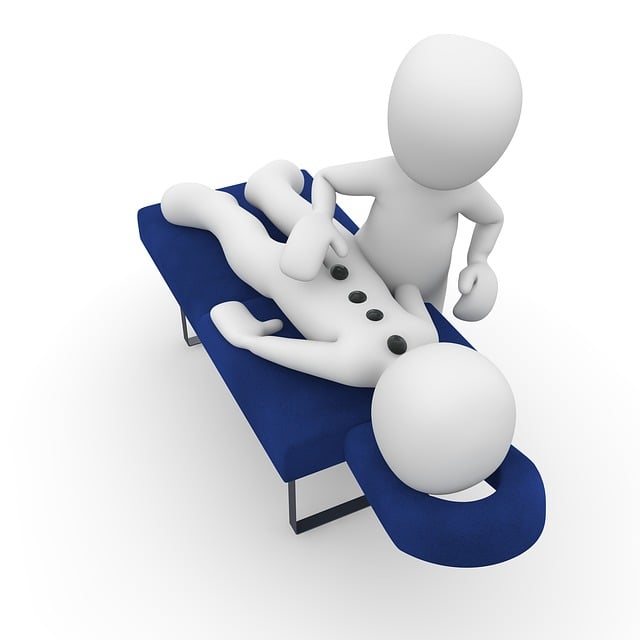
Sober living homes in Bergen County, NJ, provide a safe, structured environment for individuals reco…….
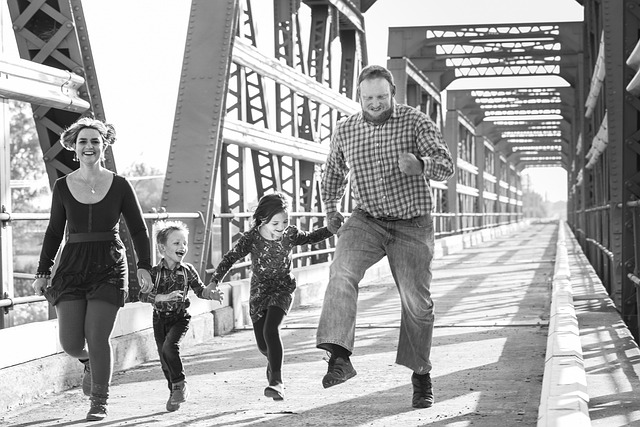
Bergen County, New Jersey, offers a diverse range of sober living options, including homes and trans…….